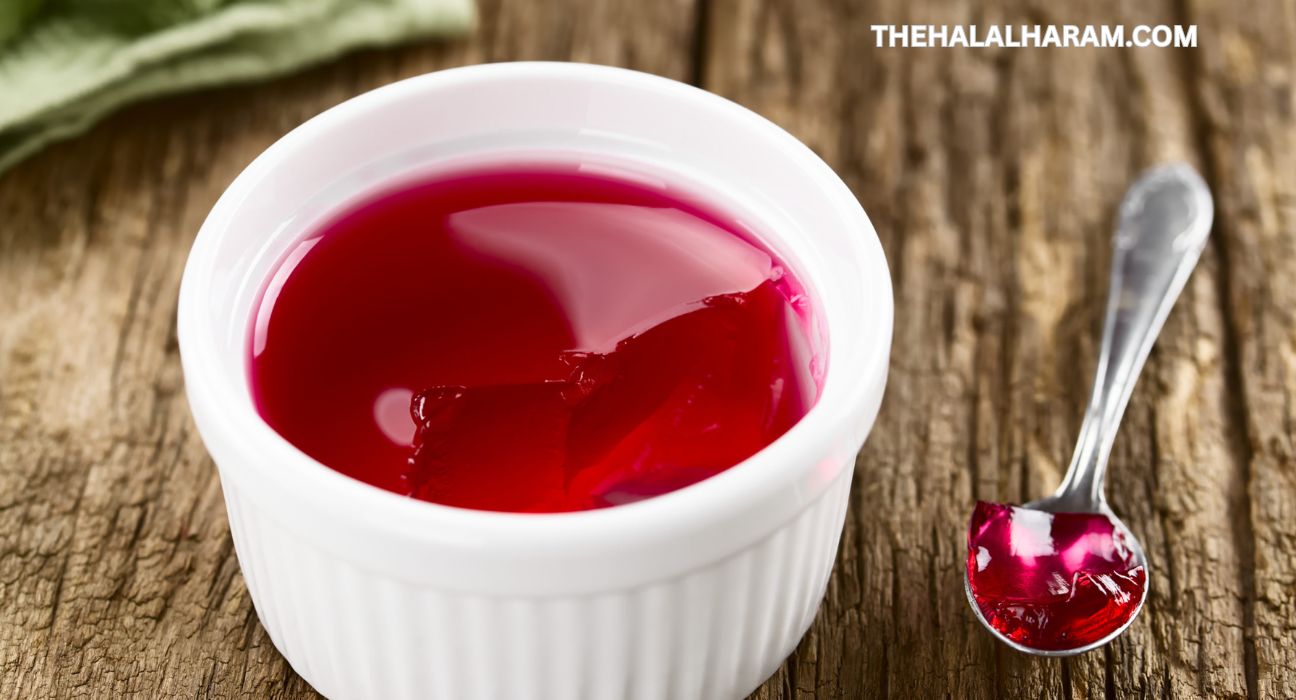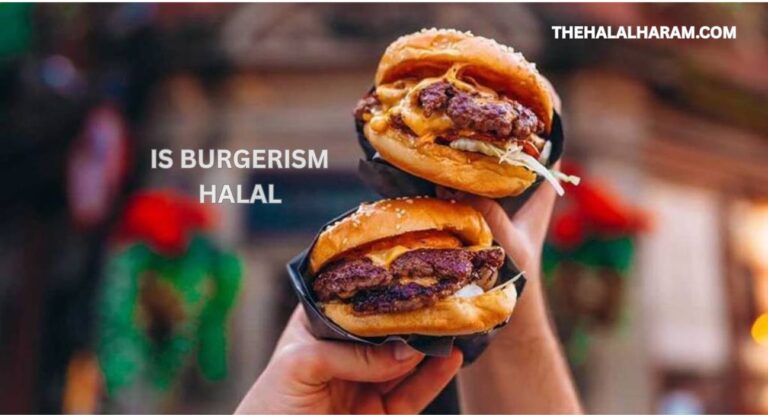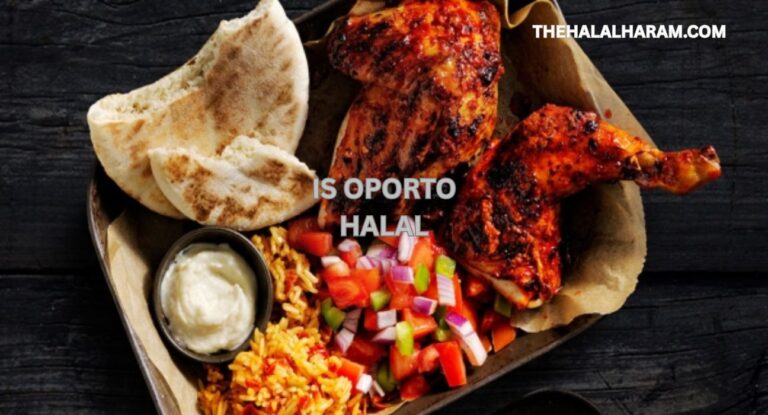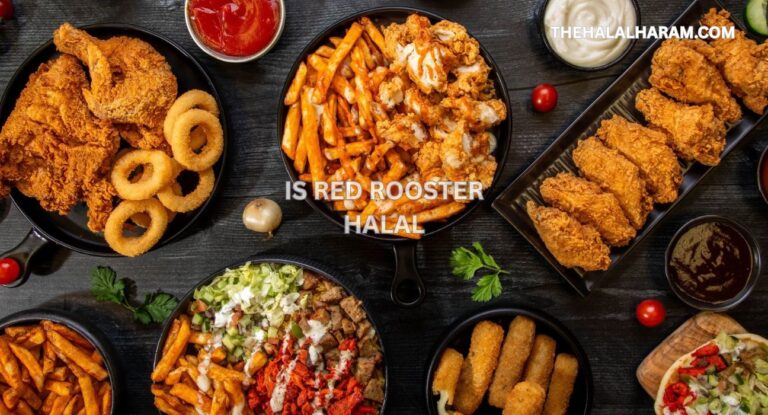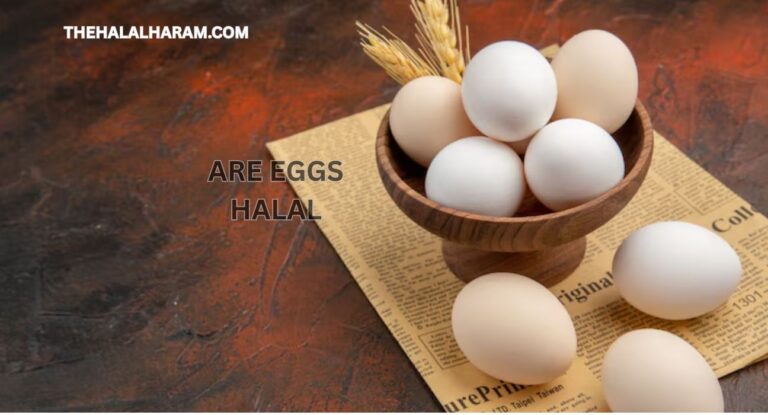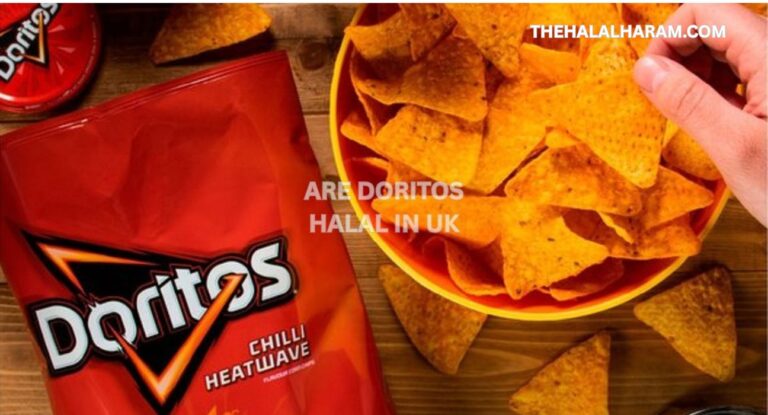is pectin halal: origins, processing & certification
Introduction
For people with religious diets like Muslims, the question, “Is pectin halal?” often arises. Pectin is found in many widely consumed products such as candies, yogurts, jams, and jellies. It’s critical to find out whether pectin is halal or not. The good thing is that more often than not, pectin is halal. But first, it helps to explore how pectin is made, to better understand the reasoning behind it.
Read More: Ethical Healthcare Careers
is pectin halal – what it is & how it’s made
Apples and citrus: plants based sources of pectin
Fruits store natural fibers which include pectin. Its most common sources are apples along with the peels of citrus fruits. Manufacturers collect these peels post juicing for pectin extraction. Henceforth, pectin begins as a plant substance, which is a positive for strict halal requirements.
The extraction procedure: alcohol, acids, and purification
Pectin gets extracted via boiling fruit peels in a water and acid mix. Afterward, alcohol like ethanol or isopropanol is added to separate the pectin. While this might raise concerns, it is important to note that the alcohol gets evaporated during the last drying step, which allows pectin to be alcohol free.
is pectin halal – Why is it Considered halal?
No animal-derived ingredients in raw form
Pectin is considered halal useful for gellifying foods because it does not come from animals, unlike gelatin. It is plant based. This means that most Muslims would find it halal.
Halal audits && alcohol removal in processing
Many reputable companies do not leave any alcohol behind in the pectin they process. Several have halal certifications which indicates their processes comply with Islamic dietary laws.
is pectin halal – Possible Issues
Use of ethanol or isopropanol in extraction
Extraction has its share of concerns especially where alcohol is involved and used for extraction. Most scholars and halal certifying bodies regard it halal because the alcohol has been completely evaporated.
Cross-contamination with non-halal additives
There is a small chance risk if pectin is produced in non-halal certified places where non halal items are processed. For stringent halal requirements, such pectin should have a halal certificate to lay aside fears of cross-contamination.
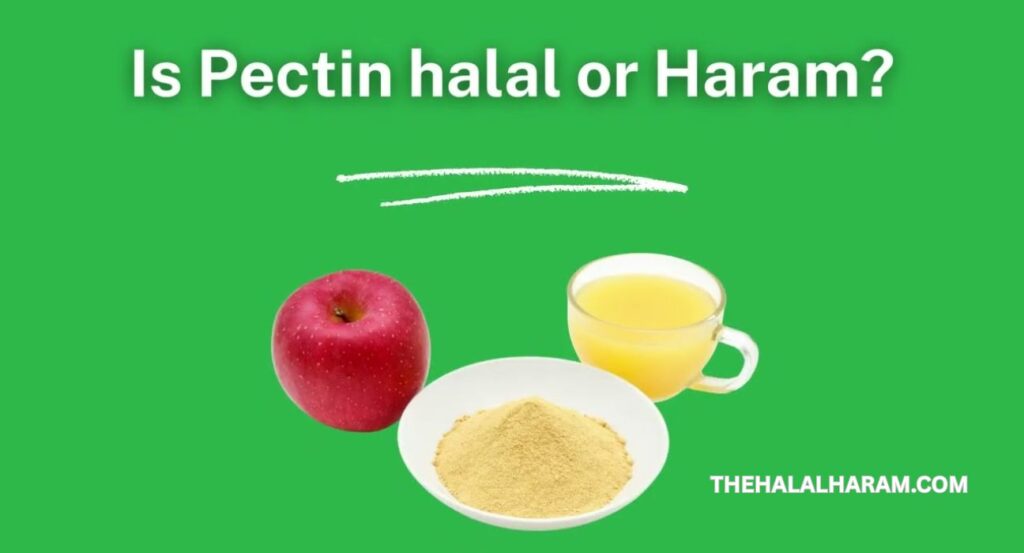
Is Pectin Halal – Certification Explained
How halal certification works for pectin
Halal certification bodies do thorough checks of all phases of production in a factory, including the use of alcohol during the extraction process and to ensure that no haram substances come into contact with the pectin.
Recognized halal certifiers & labels
When you purchase processed food, ensure you check for the recognized halal certification mark. The mark indicates that the pectin has undergone scrutiny from relevant authorities and it is halal.
Is pectin halal – in everyday food products
In jellies, jams, gummies & yogurts
You will find pectin in sweet foods like jellies, jams, gummies and yogurts. It is used to replace gelatin so it is easier to make these products halal.
Reading labels: E440a, E440b and Halal
For many E440a and E440b are just numbers, but they stand for pectin as well. Both are plant based which gives you assurance that what you are consuming is halal compliant.
Is pectin halal – making informed choices
Selecting certified pectin and uncertified
Most pectins are halal by nature but purchasing uncertified pectins can be stressful, especially for consumers with strict dietary guidelines. Always pick compounds bearing the words ‘halal certified’ for peace of mind.
Guidelines for halal-focused shoppers
Be mindful of eating orders or any packaged products, for example, pectin listed in a product’s ingredients. It may not be a good idea to consume it if other food fillers are added. Ensure to prefer brands that have “halal” clearly inscribed on packaging.
What Scholars Say About Pectin
Most of the scholars tend to agree that pectin is halal and complies with Islamic law because it is fruit-derived. Scholars look at pectin’s fruit source which is clean and undergoes minimal processing. Alcohol may be used to extract some pectin, but it fully evaporates, therefore, any pectin available is purged of anything haram.
Leading halal certification bodies have also backed this view. They confirm that since there is no trace of alcohol left, pectin remains within halal standards. Therefore, a good number of Muslims can buy products with pectin contained in them without doubts.
How The Standards of Processing Affected The Halal Status Of The Country
The method of manufacturing pectin is not the same everywhere. Some pour a lot of attention to how halal food is processed and produced, for instance, pectin manufactured in Malaysia or Indonesia. That is why, these places are more prone to registering pectin as halal for certification.
Knowing the origin of imported food products can aid in ensuring their safety and checking for halal symbols on the packaging or the processes of the manufacturer can provide further assurance especially in regions with loose halal food regulations.
Homemade versus Store Bought Differences
While making jams or jellies at home to some extent you may tend to make use of natural pectin derived from fruit peels. This, of course, is free of any restrictions since you’re using clean fruit. Homemade pectin requires no added processing, thus, there are no halal concerns about its abundance.
On the contrary, store-bought pectin has gone through industrial processes to extract the pectin. During the extraction process, alcohol could be used, but is removed before packaging. Most scholars and certifiers still deem this product halal. However, it would be better to purchase brands that disclose their extraction process to ensure the purchase is safe.
The Reason Why Pectin Is Preferred By Vegans And Vegetarians
Because pectin is fully plant-derived, it is also favored by vegetarians and vegans. It is safe for those who reject animal products as pectin is obtained from apples, citrus fruits, or other plant sources, unlike gelatin which is made from parts of animals.
Pectin is a common ingredient in dishes marked as vegan or vegetarian. This duplication often provides guidance for Muslim consumers because it indicates that pectin does not contain any animal products and complies with halal dietary requirements.
Tips for Making Sure your Products are Safe
Feeling certain about pectin can simply be ensured by looking for halal certification on the label. Many reputable brands put this seal on their products because they want to be trustworthy. If the packaging isn’t clear, visit the brand’s homepage or DM them; you will get an answer fast.
Ingredients such as E440a and E440b which are pectin also show its plant origin. Affirmative action like following label readings helps you uphold your halal lifestyle with ease and eliminates doubts.
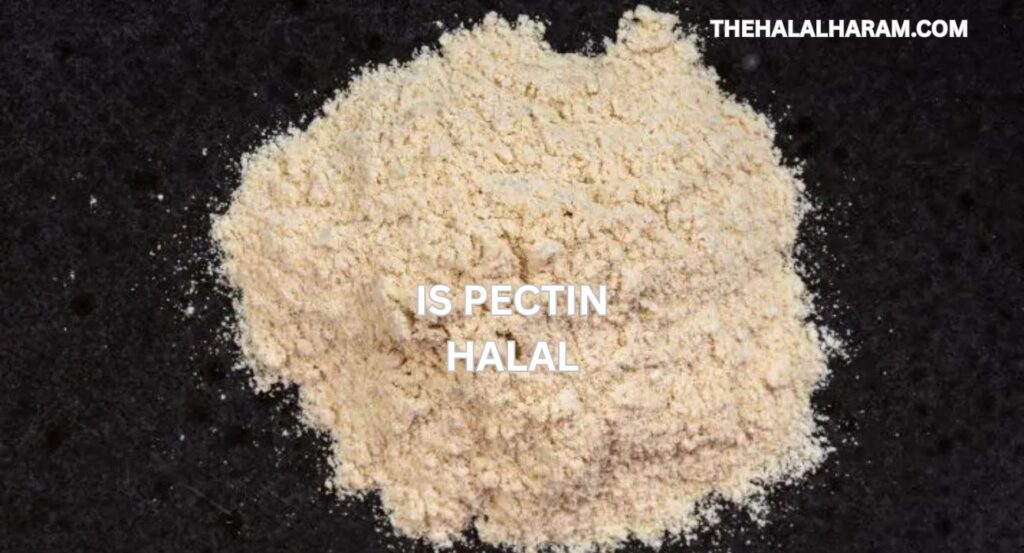
Is Pectin Halal – Summary and Final Takeaways
Therefore, is pectin halal? The answer is yes for the most part. The manufacturing process of pectin uses provisions from fruits, which makes it acceptable as halal because all alcohol content is removed in the process. By learning more about the processing of pectin and knowing the right labels to look out for, you can savor the goodness of jams and gummy bears effortlessly. Always check for certification if you want complete peace of mind and continue enjoying halal living with certitude.
Read Also: Understanding Lottery Systems Through Live Draw Macau
Frequently Asked Questions
1. Is pectin halal in every situation?
Yes. Pectin is a type of carbohydrate found in fruits, apples and citrus fruits being the prime examples. While not containing any non halal additives it is safe to consume.
2. Does alcohol used in processing make pectin haram?
No. Sometimes alcohol is used as a means to extract pectin. In such situations it fully evaporates until no trace remains. Due to this it is still considered halal by scholars.
3. Is pectin halal certified by Islamic authorities?
A majority of pectin producers seek halal certifications, meaning they comply with the standard procedures of producing halal goods. To ensure that the product has been marked with these certifications, look for the symbols on approved packaging.
4. Is pectin vegetarian and vegan too?
Yes, they can freely consume it now since pectin is plant based which propagates its halal status.
5. Can pectin come from animals like gelatin?
No, it’s always derived from fruit, unlike gelatin which often comes from pig or cow by-products. Thus pectin is preferred in halal diets.
6. Is homemade pectin safer for halal diets?
Homemade pectin uses fruit peels and sugar, thus there is no doubt about it being halal. Commercial processing is completely avoided.
7. What ingredient codes show pectin in foods?
Check the ingredient lists for E440a or E440b. These codes confirm pectin as a fruit-derived thickener.
8. Are all jams and gummies with pectin halal?
Most are, but be on the lookout for halal-certification. Some other ingredients like gelatin or colorants may not be halal.
9. Could pectin be considered mushbooh?
Some people worry because alcohol is used during the processing. Most scholars, however, believe it does not qualify pectin as mushbooh.
10. How can I be sure the pectin I eat is halal?
Look for halal-certified products or contact the decided manufacturer. Careful scrutiny of the labels will ensure avoiding concealed non-halal ingredients.
